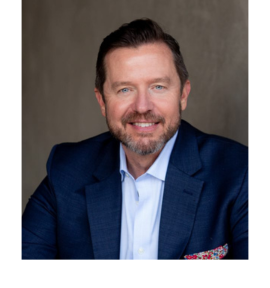Your human capital is your ability to be compensated more (or the same within a shorter time or with less labor). Financial advisors don’t talk about this too often; however, being better at what you do (skill, specialty, etc.) creates a greater return than any other financial instrument. The greatest asset on your balance sheet isn’t your home or stock portfolio; it is YOU.
Do the math
Which is better, adding $10K to your investment portfolio or putting $10K into your ability to make more income?
If you’re early to mid-way into building your portfolio, it’s likely best to invest in your human capital vs. other financial investments. Your capacity to increase the amount of income you produce each year accelerates your ability to build wealth. If you make 15% more income this year, that amount compounded over time makes a massive difference to your balance sheet. Similarly, if you make the same income but do it in fewer hours or less labor, it advances opportunities to satisfy other aims.
Education enhances your knowledge, skill, ability, talent, and motivation. It allows you to grow fitter and fitter to live as you desire to live. It will enable you to get better at producing income rather than merely protecting it.
This principle is grounded in the Condition of Life: Fitness. Fitness is the condition of our being “fit” for a satisfying life. Rather than narrowly define this as physical fitness, think in terms of your fitness for whatever aim it is that you’re pursuing.
- Are you fit for the life for which you aspire?
- Are you fit to transact for more income while laboring less?
- Are you fit for roles or specialties that garner higher wages?
What if you could make 15% more income each year for the next 10 years? If you compare this to some of your investments, you’ll see how education is the winner.
Production vs. Protection
Protecting or investing the capital you’ve already acquired is the primary focus of the financial planning industry. These plans offer strategies for preserving your money throughout your life rather than advising you on approaches for producing more income.
Education, training, and self-development concern themselves with your competence to earn a better wage, cultivate a specialization, or eliminate behavioral obstacles. What education do I need to make more income in less time?
What is the difference between education, training, and self-development?
Education
Education refers to the knowledge received through schooling or instruction. An example of education is attending college or studying a specific field or occupation. Why is education important? It offers a foundation of general knowledge. It creates more employment opportunities, secures a higher income, and develops problem-solving skills.
Training
Training refers to the teaching, activities, and practices that help individuals or members of an organization acquire and apply the knowledge, skills, abilities, and attitudes needed for a particular specialization, job, or organization. Training is the process of being conditioned or taught to do something, or is the process of learning and being conditioned. When you teach a new employee how the business works, this is an example of training.
Self-Development (or personal development)
Self-Development is a process of consciously improving yourself in various aspects of your life. It is the conscious pursuit of personal growth by enhancing personal skills, competencies, talents, and knowledge to seek self-fulfillment and proactively reach your fullest potential. There are several different domains within the personal development world, but they all fall under five major categories. The categories are mental, social, spiritual, emotional, and physical. Some examples may include communication skills, time management, leadership behaviors, or public speaking skills.
Isn’t education enough?
Many stop with education or training and may naively assume it is enough to garner higher wages. Some may earn an education only to find that they are lacking in personal development skills like leadership or communication. There are scores of benefits that come with personal development beyond just the financial. Here are 20:
- You are happier and more satisfied.
- You improve your relationships with yourself and others.
- You discover new things.
- You live a quality life.
- You are better to adapt to change.
- You’re able to make decisions and solve problems better.
- You’re healthier.
- You’re more likely to reach your goals.
- You’re more likely to have financial and career success.
- You inspire others.
- It fulfills your potential.
- It affects all areas of your life.
- You become more aware and empathetic.
- You think better and become smarter.
- You like yourself and others more.
- You develop greater resilience.
- You have a sense of purpose.
- You have more opportunities.
- You overcome fears.
- You don’t settle.
Investing in continued education and self-development
Education helps you get there faster with less friction. Our programs are a unique combination of education, training, and self-development.
For all of our Fundamentals of Transaction Program participants since 2009, the average personal income (during that first six months of participation) was 46.6% more than they anticipated. In addition to tracking income increases, participants target and track one health aim (weight loss, fitness activity, etc.) and one money aim (debt reduction, savings, etc.). In the first six months, students met 90.1% of their target for health goals and 103.1% of their target for money goals. The average financial investment return is 305.9%. These income increases continue throughout our four-year education.
The difference between our students and most people is simple: they do the math, they think accurately, they study—and they are profoundly satisfied.

AUTHOR
John Patterson
Co-founder and CEO
INFLUENTIAL U
John Patterson co-founded and manages the faculty and consultants of Influential U global. Since 1987, he has led workshops, programs, and conferences for over 100k people in diverse professions, industries, and cultures. His history includes corporate curriculum design focusing on business ecosystems, influence, leadership, and high-performance training and development.



